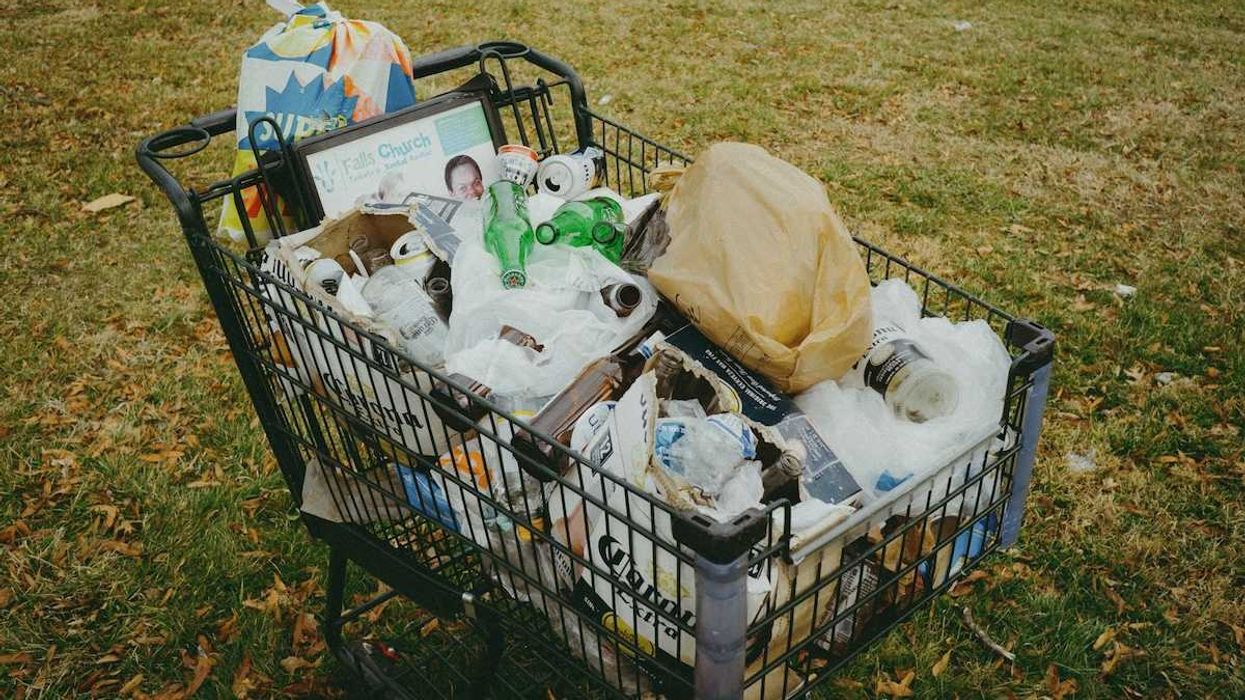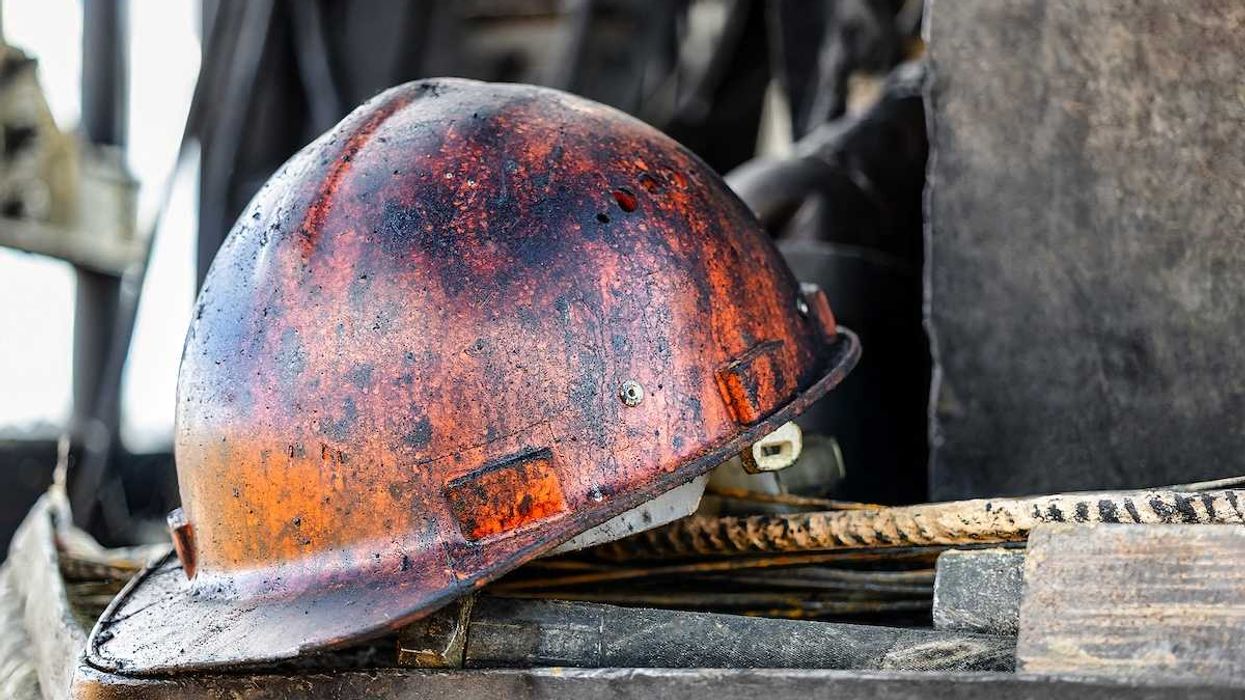A sweeping reduction of over 20,500 federal health workers since January has left key U.S. agencies unable to fully perform their duties, threatening the nation's capacity to respond to public health threats and regulate critical medical products.
Brandon Roberts, Annie Waldman and Pratheek Rebala report for ProPublica.
In short:
- ProPublica’s analysis shows that since January, the Department of Health and Human Services has lost 18% of its workforce, including more than 3,000 scientists and 1,000 regulators.
- The Centers for Disease Control and Prevention, the Food and Drug Administration, and the National Institutes of Health have lost between 15% to 21% of their staff, affecting research, inspections, public health monitoring, and oversight of vaccines, food, and chronic disease.
- Workforce cuts have led to stalled research, delayed grant funding, reduced clinical trials, and the dismantling of programs tracking lead poisoning, tobacco use, and maternal health outcomes.
Key quote:
“This hollowing out of expertise could leave us dangerously exposed. It takes years to build a professional workforce with the technical knowledge and public trust these roles require. Once you lose that, it’s not easy to get back.”
— Xavier Becerra, former U.S. Health and Human Services secretary
Why this matters:
The federal agencies at the heart of the nation’s health infrastructure — the CDC, FDA, and NIH — serve as sentinels against disease, contaminated food and drugs, and toxic exposures. Losing thousands of experienced staff weakens the ability to track infectious outbreaks, fund lifesaving medical research, and keep unsafe products off the market. Surveillance systems for maternal deaths and childhood lead exposure are being dismantled, even as public health challenges grow more complex.
Related:
- Kennedy’s war on the FDA leaves public health in the crosshairs
- CDC tobacco program shutdown cuts off vital youth nicotine data globally
- New FDA layoffs risk progress on curbing livestock antibiotic abuse
- Trump administration cuts thousands of HHS jobs, including CDC disease investigators
- Congress questions who’s in control as Trump budget cuts disrupt NIH research
















